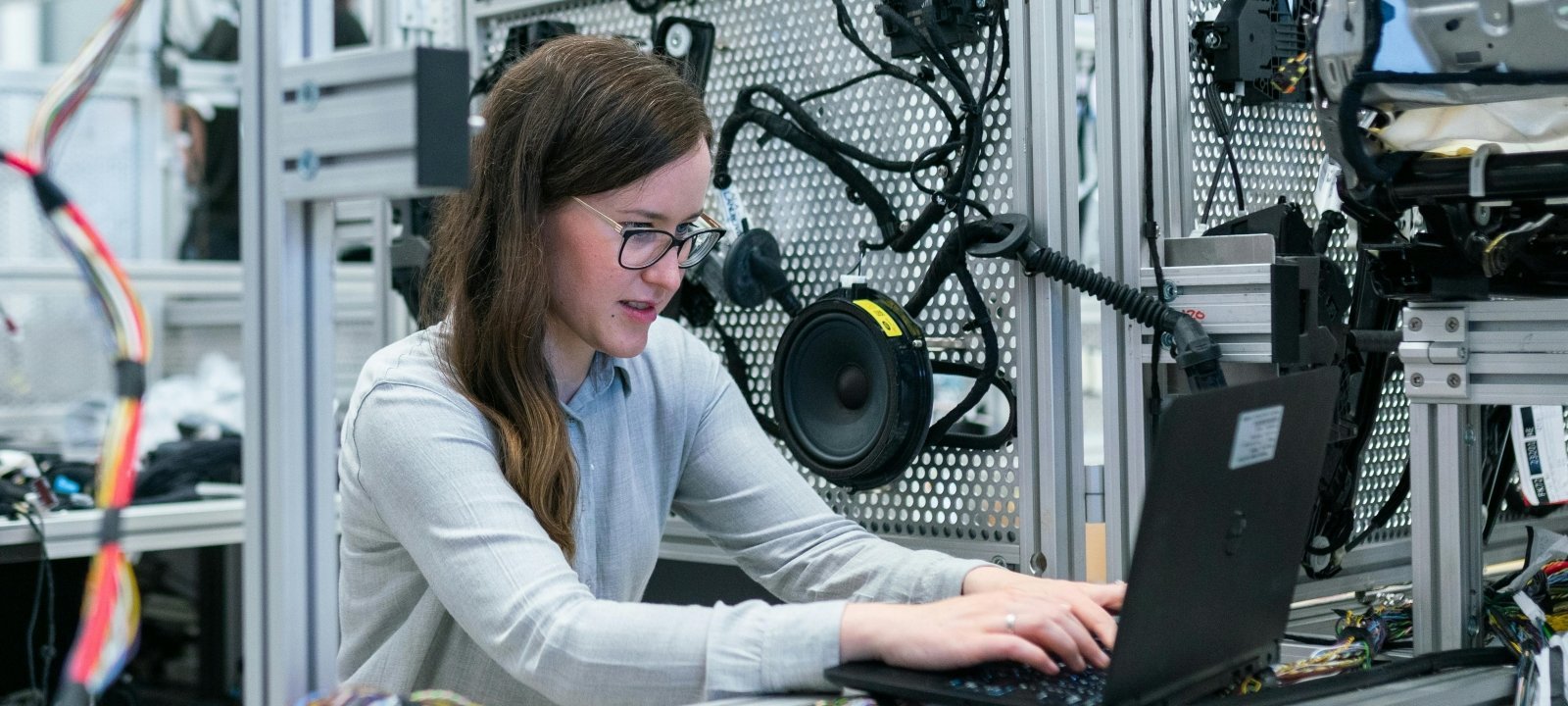Online certificates at Michigan Tech change careers for the better. Delve deeper into your current field, layer on new skills, or shift to a new field. We have a broad range of online programs to choose from.
Upskill at MTU.
Employers recognize the benefits of continuing education. Earning your online graduate certificate is the perfect way to build on your undergraduate degree, develop a specialty, and advance your career at your current job. Or even pivot to a new one. According to the Bureau of Labor Statistics, in fact, advanced education of every kind increases your income by thousands of dollars a year.
If you’re hoping to get a raise or move to a career with better pay, continuing your education is a smart move.
Online Graduate Certificates
Post-Degree Undergraduate Certificate
Michigan Tech offers an online undergraduate post-degree certificate for undergraduate students who are US citizens, permanent residents, or currently in the country on a valid visa. You must have a bachelor's degree, and the desire to explore a disciplinary or interdisciplinary subfield.

Electric Power Engineering
Earn course credit at your convenience in our online electric power engineering certificate program. It's a great option for professionals, with an emphasis on power systems, renewable energy, and power electronics. Online courses are taught by a panel of faculty experts focused on energy systems.
The 13-credit post-degree undergraduate certificate covers the fundamentals of electric power systems. All courses are online, except for a one-credit lab. The lab is offered once a year to online students as one-week intensive.
